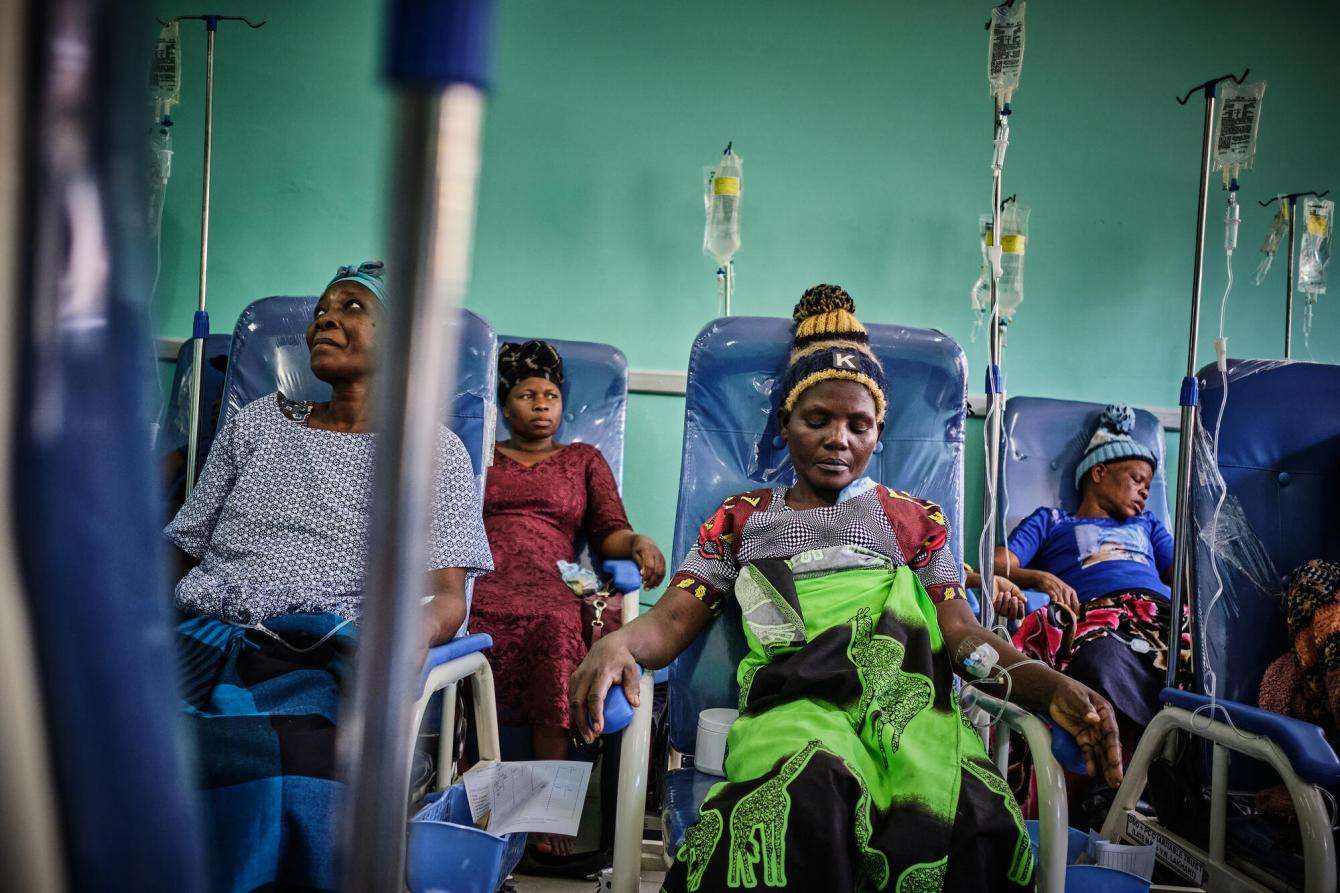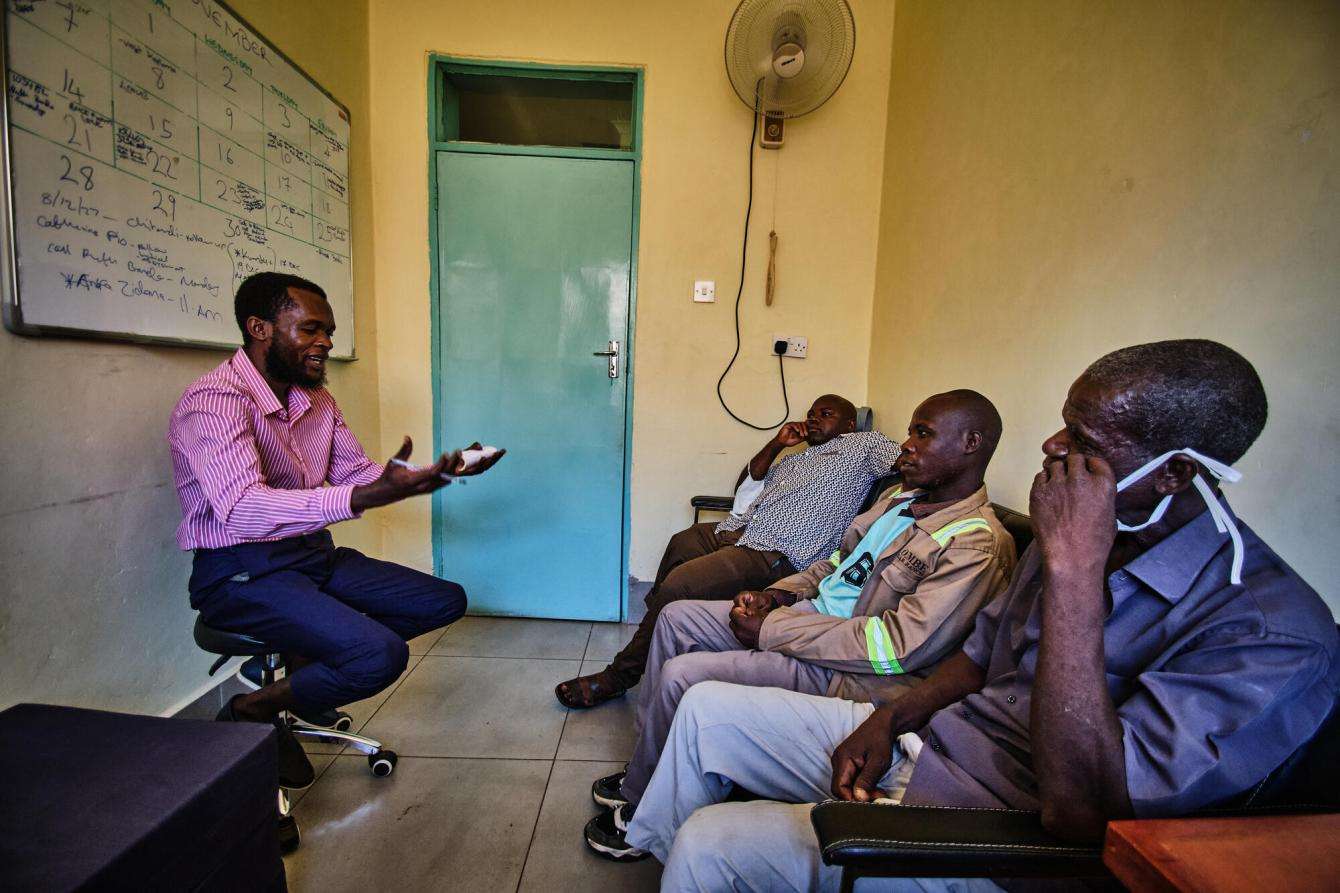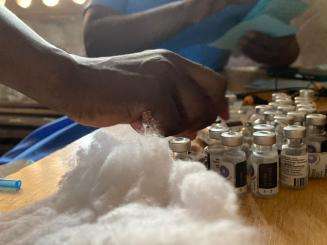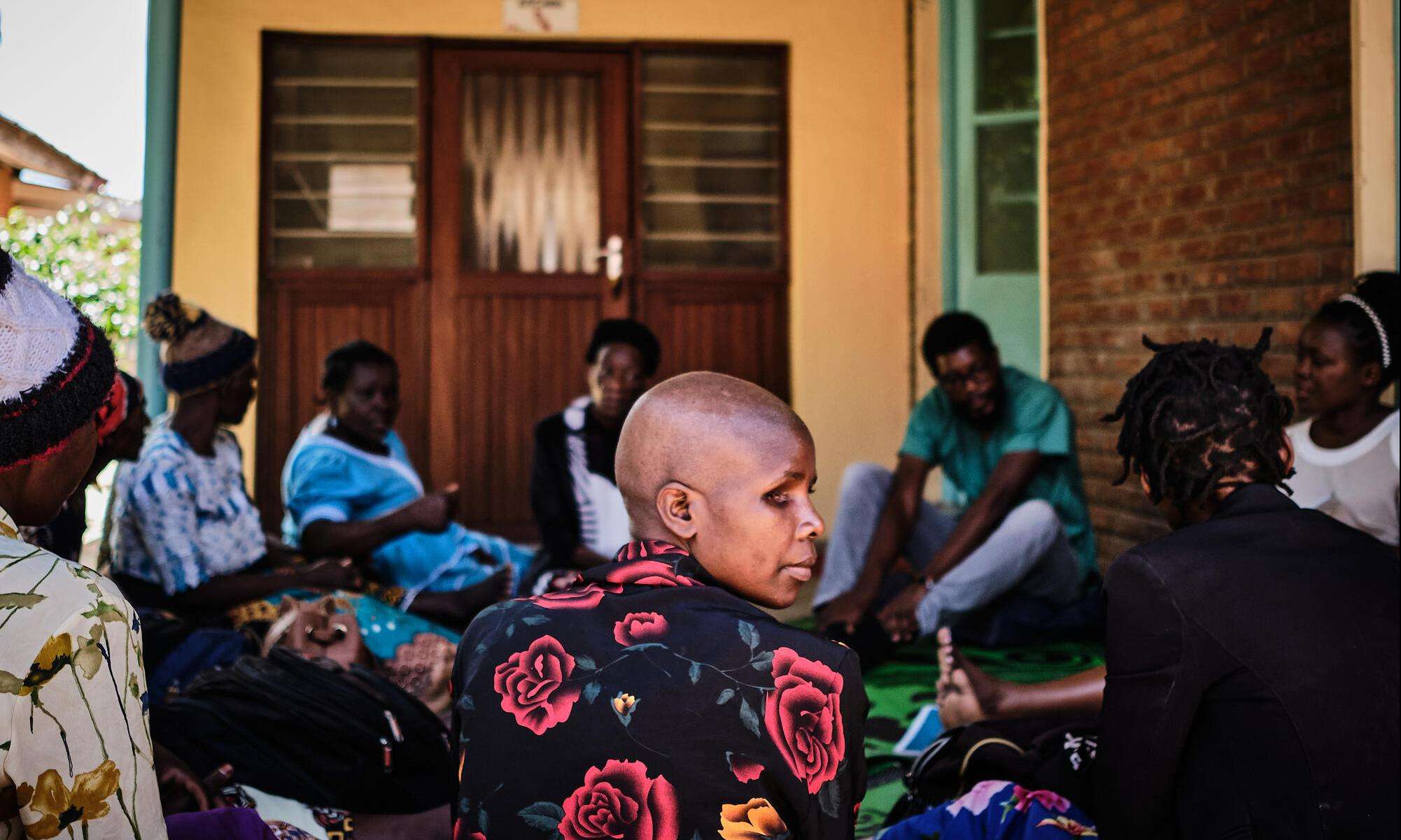In Malawi, cervical cancer accounts for 37 percent of new cancers in women. Since 2018, Doctors Without Borders/Médecins Sans Frontières (MSF) has worked to reduce the incidence of cervical cancer and bring down death rates from the disease in the districts of Blantyre and Chiradzulu. Marion Péchayre, head of mission for MSF, explains how.
Why did MSF turn its attention to cancer patients?
MSF’s interest in cancer is the result of a combination of factors. In low-income countries, epidemiological projections suggest a decline in infectious diseases and a simultaneous rise in chronic diseases such as cancer. The lack of resources and the late stages at which cancers are diagnosed in sub-Saharan Africa, for example, suggest that they will eventually claim more victims than infectious diseases, as they do currently in high-income countries. The World Health Organization (WHO) estimates that cancer mortality will double in Africa by 2040.
In Malawi, where we have been providing HIV/AIDS care for many years, we found that a lot of our patients had cervical cancer too. Women with HIV are six times more likely to get cervical cancer than women without HIV. This led us to carry out a comprehensive assessment of the cervical cancer problem in Malawi, which has the second highest prevalence and mortality rates in the world. In 2020, 4,145 new cases of cervical cancer were detected, and 2,905 women died. Access to anti-cancer drugs is highly variable, radiotherapy is non-existent, and surgery is poorly developed. We are interested in supporting vaccinations to protect against cervical cancer where possible, as well as extending screening programs and developing treatment solutions.
How do you treat cancer in the absence of radiotherapy?
Radiation therapy is normally the first-line treatment for cervical cancer, but it is not currently available in Malawi. Over the past two years, MSF has developed a model of care that combines chemotherapy and surgery. After three to six cycles of chemotherapy, tumors have shrunk and can be operated on, saving lives. We don’t yet have the data to assess the two-year survival rate, but the treatment shows satisfactory results and can be expected to provide a life expectancy close to that of treatment with radiotherapy.

In resource-limited countries, this type of treatment could be considered a serious alternative to radiotherapy, as long as there are well-trained surgeons. This is why we have paid particular attention to training the surgeons who perform advanced surgical procedures such as hysterectomies, where the uterus is partially or totally removed. Each month in our project, surgeons perform an average of 14 hysterectomies, and 40 surgeries in total. As a result, these surgeons have become highly specialized and have acquired a higher level of competence in the field of onco-gynecological surgery than their counterparts in Europe, where this surgery is rare. In addition, the quality of treatment is ensured by multidisciplinary work, involving anatomopathologists, oncologists, surgeons and supportive care teams, who provide social and psychological support, physiotherapy or palliative care.

For women whose cervical cancer is detected at a more advanced stage, we arrange and finance referrals to Kenya so that they can have radiotherapy there. But these referrals require significant support and resources, and patients cannot benefit from them on a large scale. But by the end of 2023, we should have access to radiotherapy in Malawi, which will make it much easier to arrange treatment for women with advanced cervical cancer.
What is the role of vaccinations?
Vaccinations are crucial because cervical cancer is easily preventable. It is one of the few cancers associated with a virus, the human papillomavirus (HPV), and there is an effective vaccine against some HPVs. The other way to protect against cancer is screening, which is both a means of prevention and the first phase of treatment, as pre-cancerous lesions can be treated at this stage.
February 01 04:56 PM
Malawi: MSF vaccinates nearly 30,000 girls against HPV
MSF is developing a comprehensive program to improve cervical cancer care for women in Malawi's Blantyre and Chiradzulu districts.
Read More
The HPV vaccine is made available through international mechanisms such as GAVI, but routine vaccination in health centers does not easily reach girls who are between 9 to 13 years of age, the ideal range for preventative vaccination. Girls this age don’t come to health centers as they don’t generally get sick, so they have to be vaccinated either at school or in the villages, for those who don’t go to school. Such systematic prevention programs in schools and communities require additional resources. We will continue supporting these vaccination programs, in partnership with the Malawian Ministry of Health, as we did in January, when we vaccinated 17,000 adolescent girls in the Phalombe district.
How you can help
Not everyone can treat patients in the field. But everyone can do something.
Some humanitarian crises make the headlines—others don’t. Unrestricted support from our donors allows us to mobilize quickly and efficiently to provide lifesaving medical care to the people who need it most, whether those needs are in the spotlight or not. And your donation is 100 percent tax-deductible.




